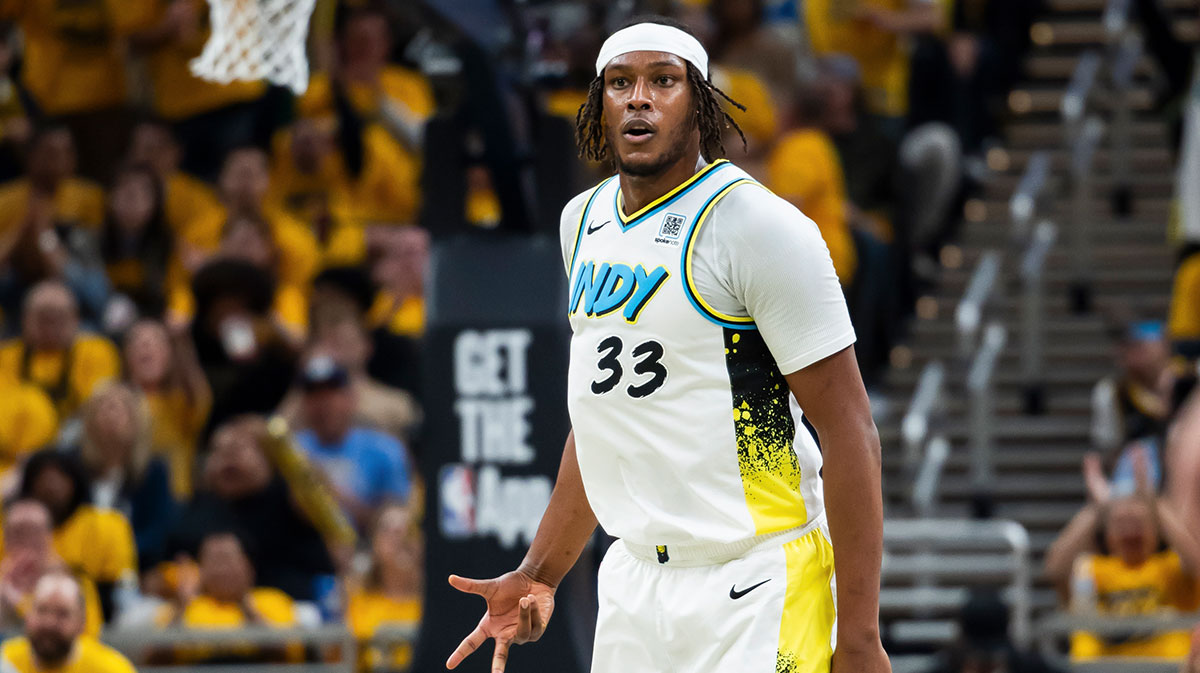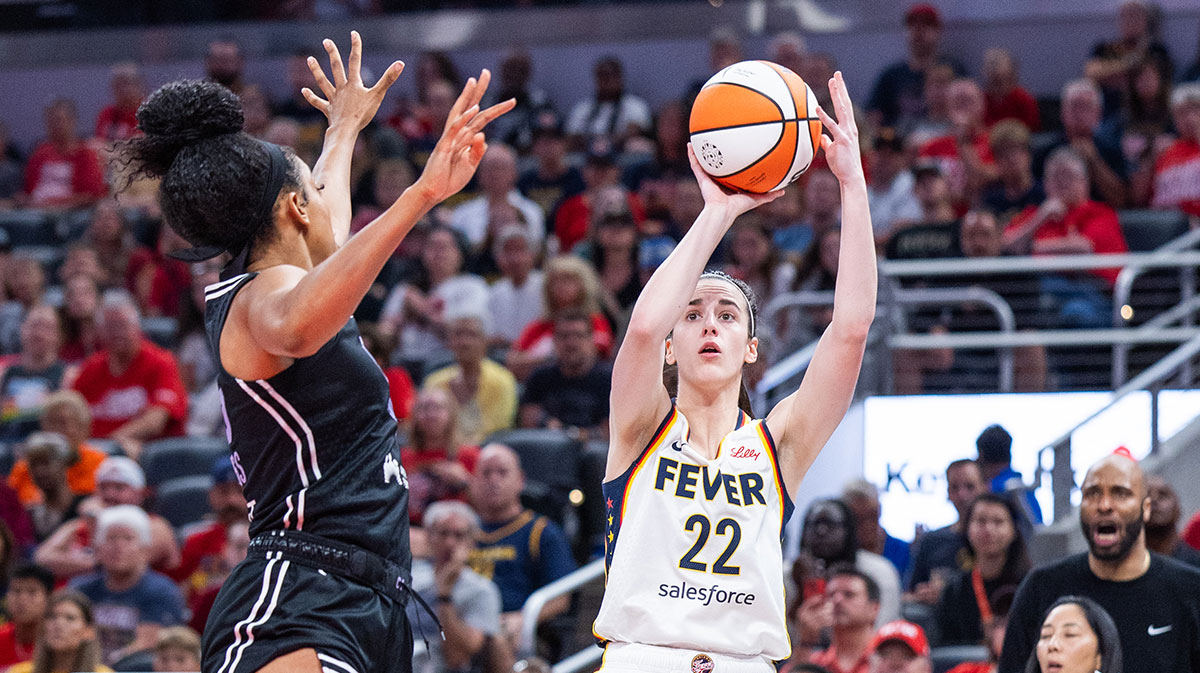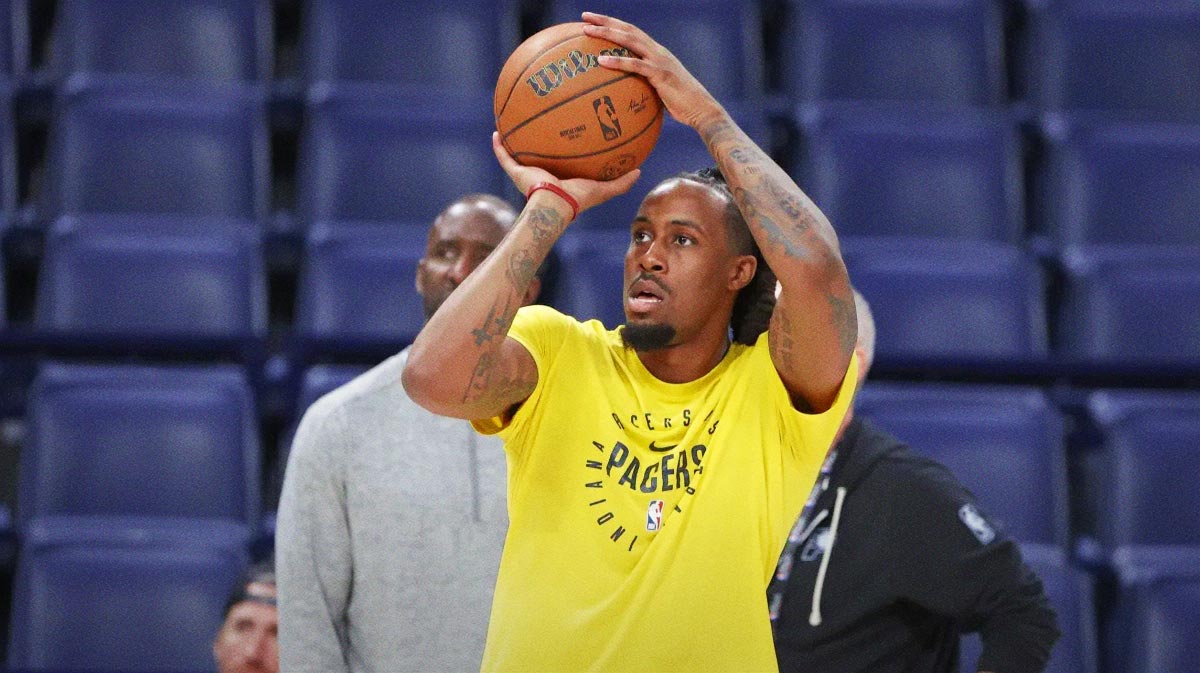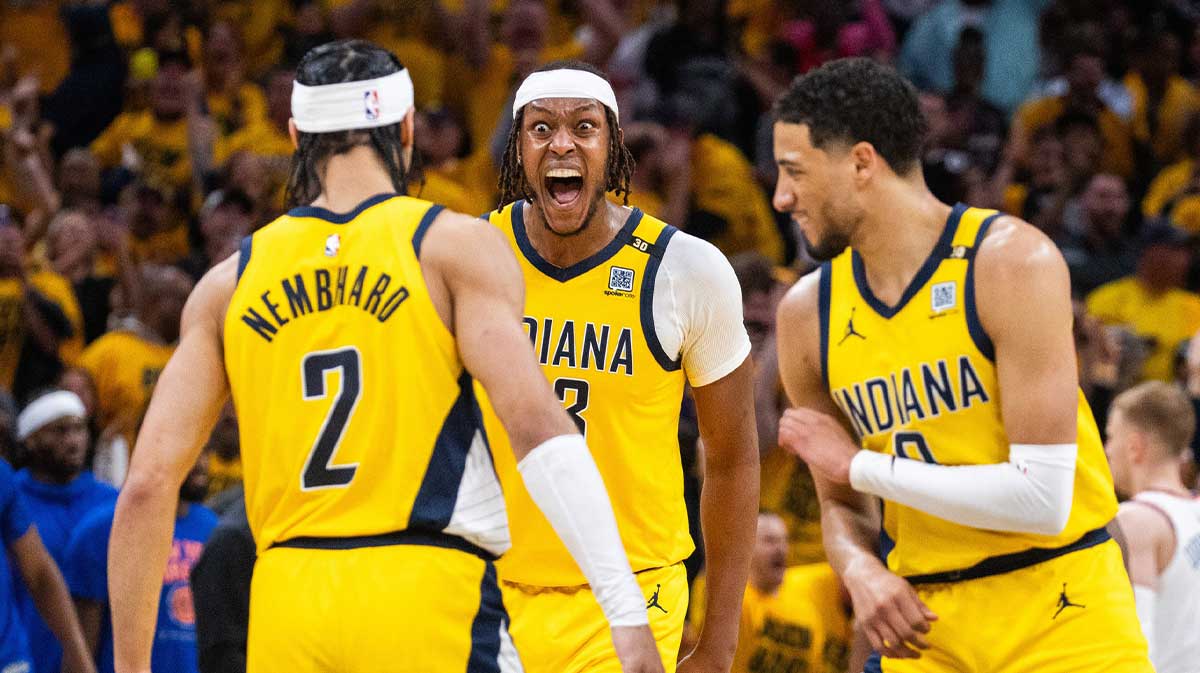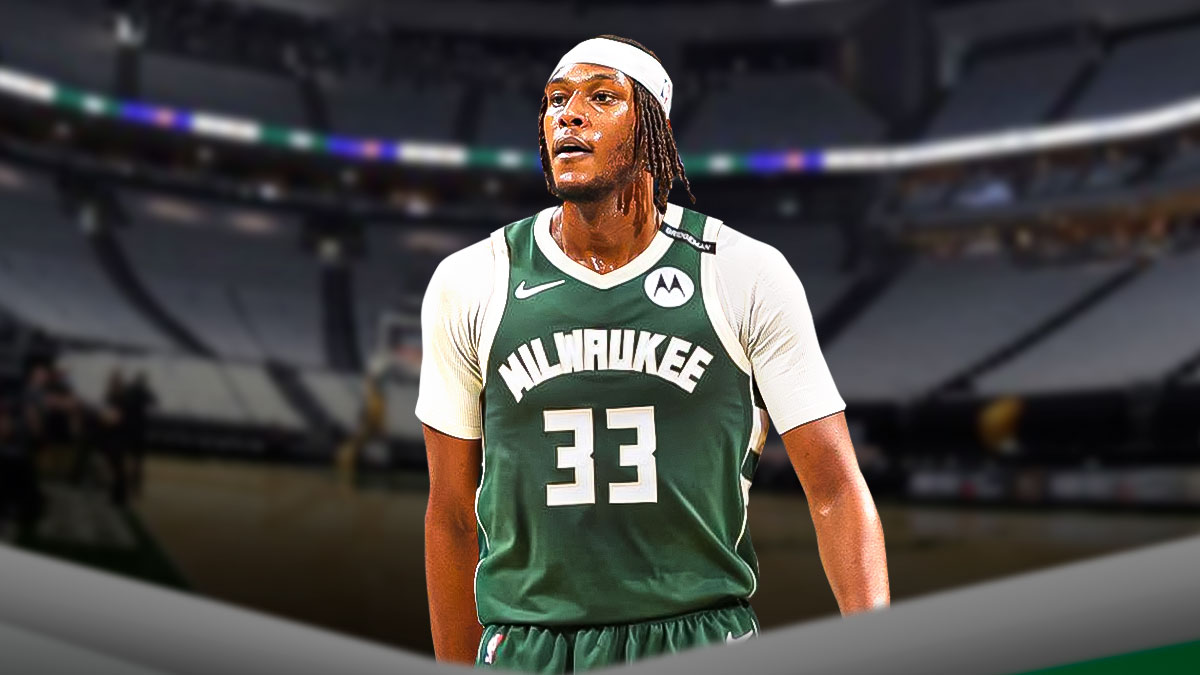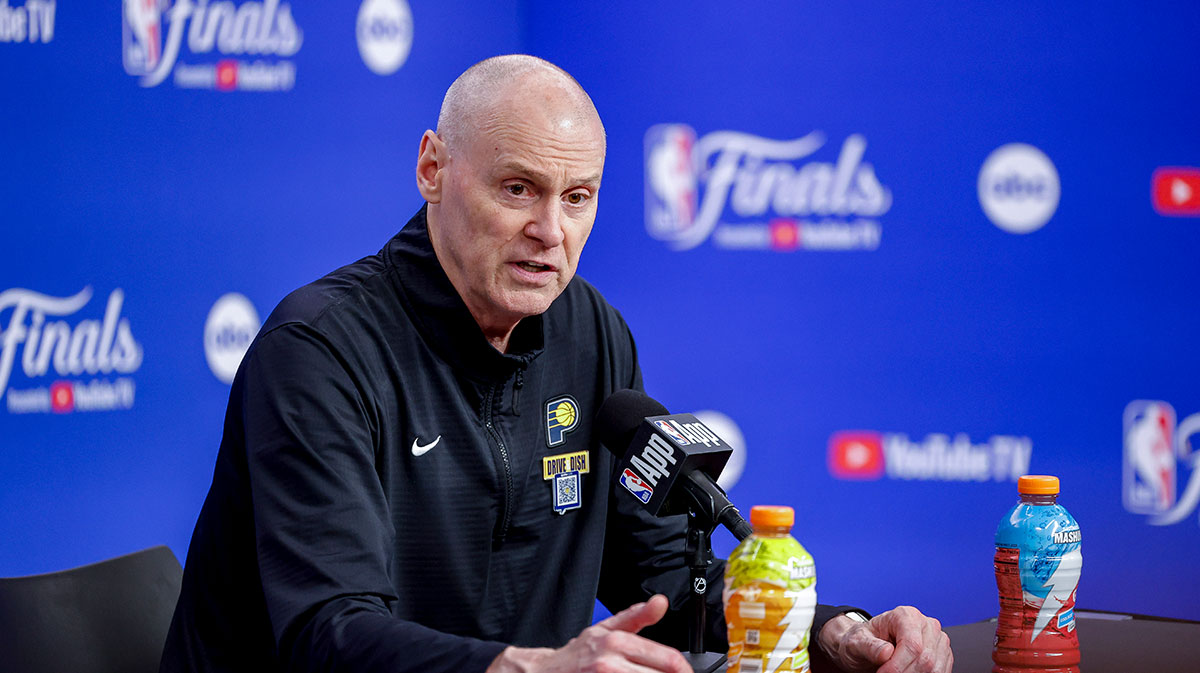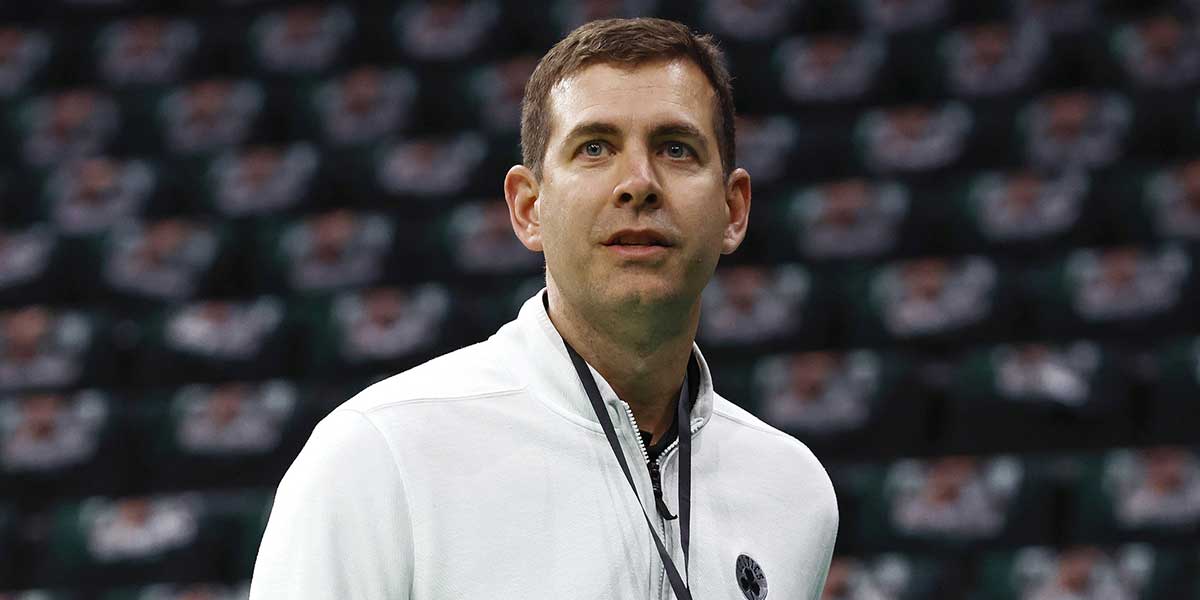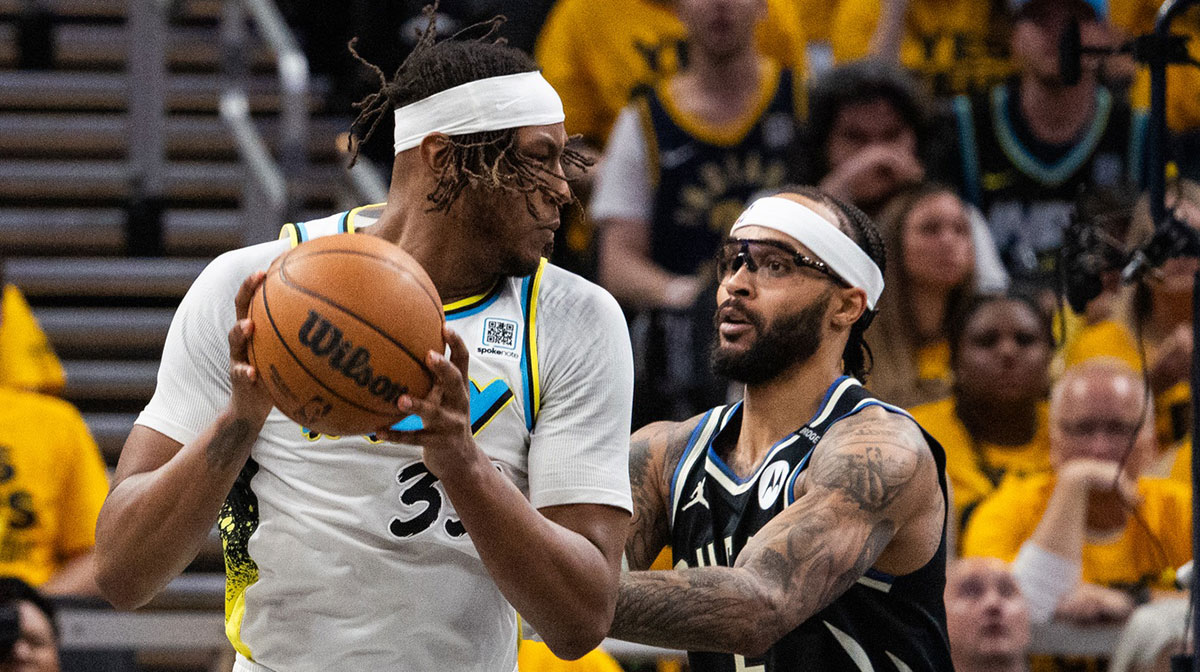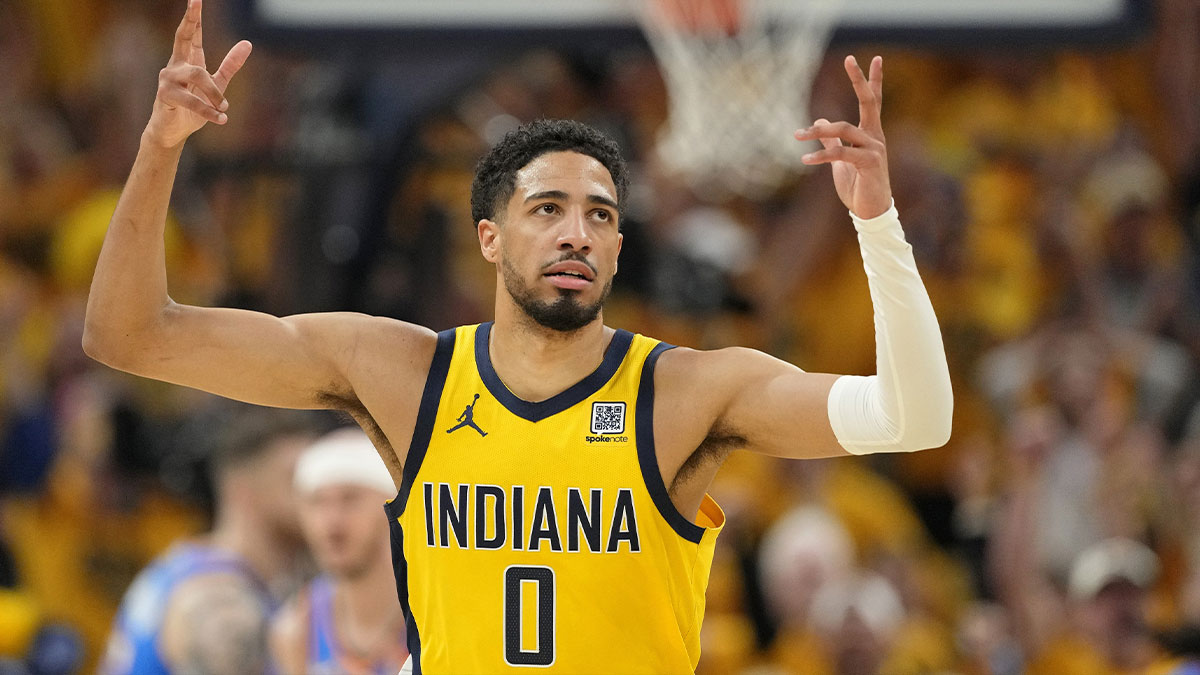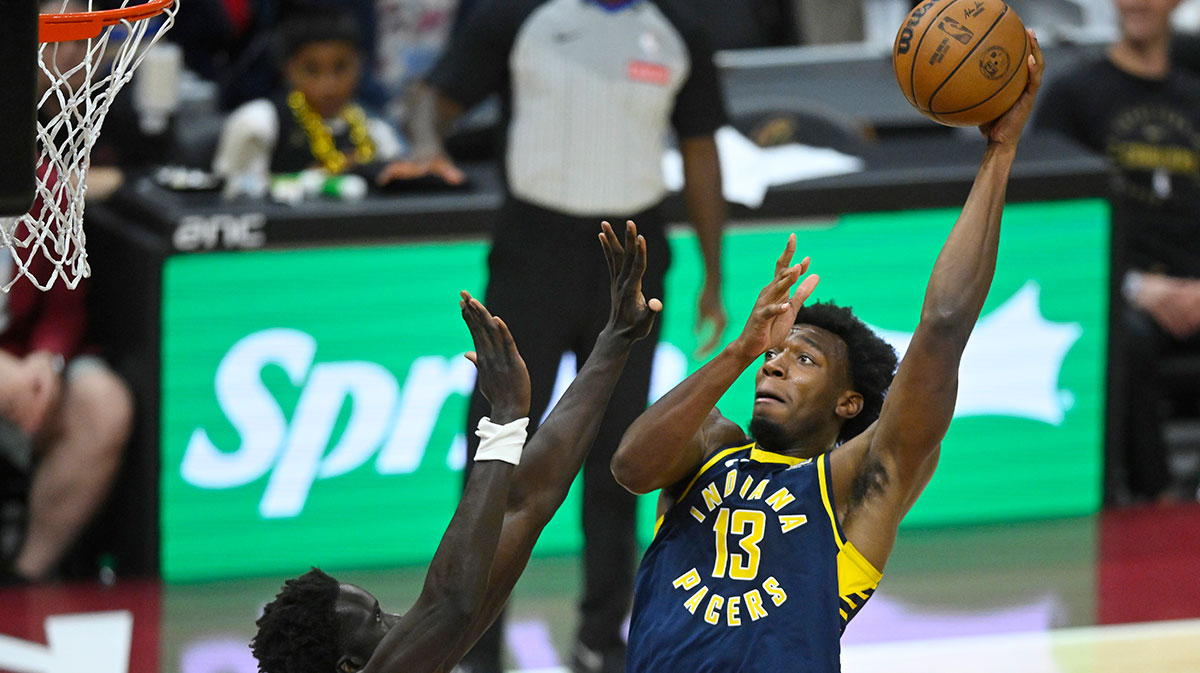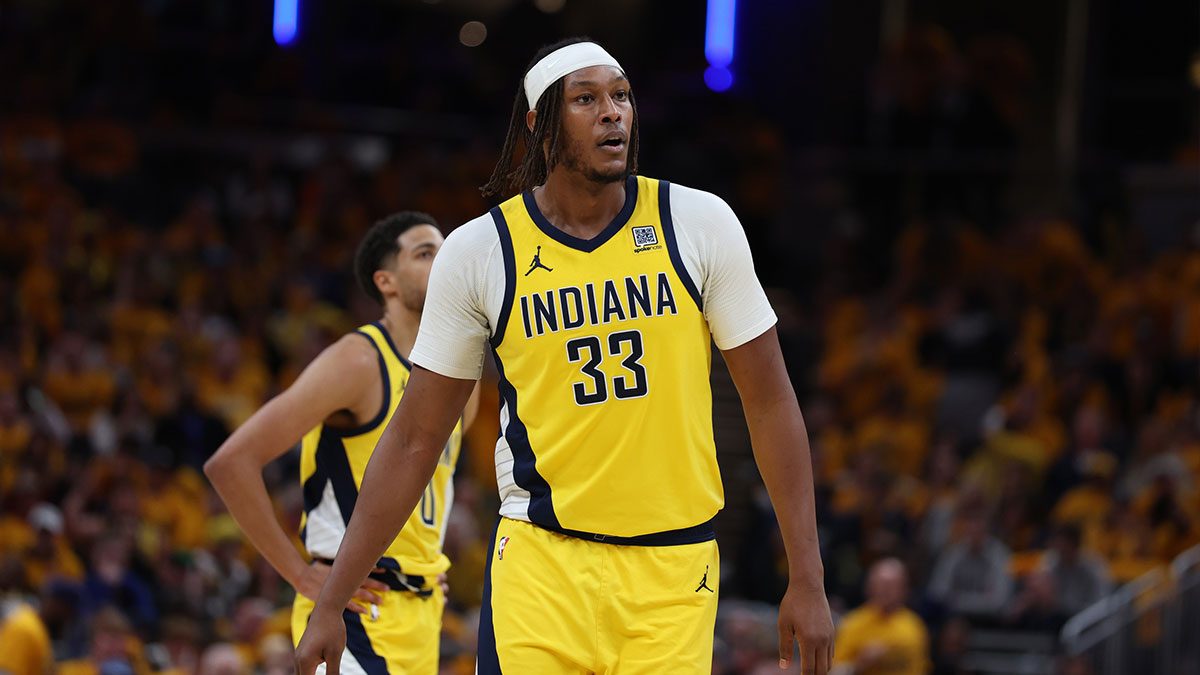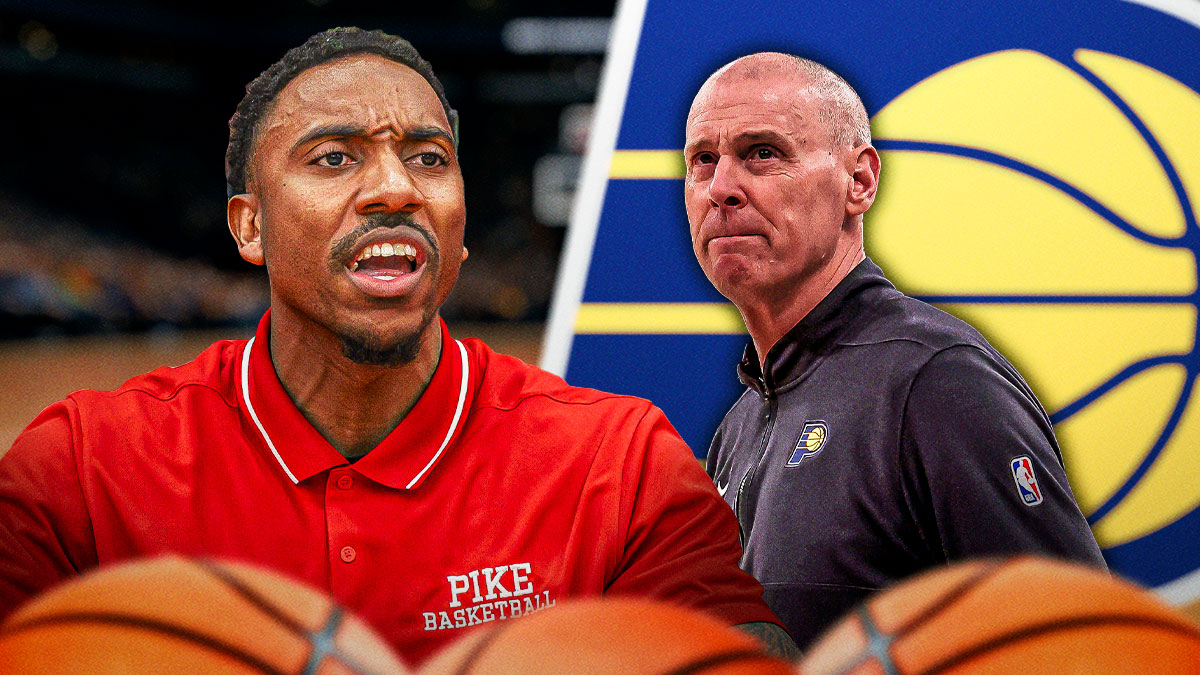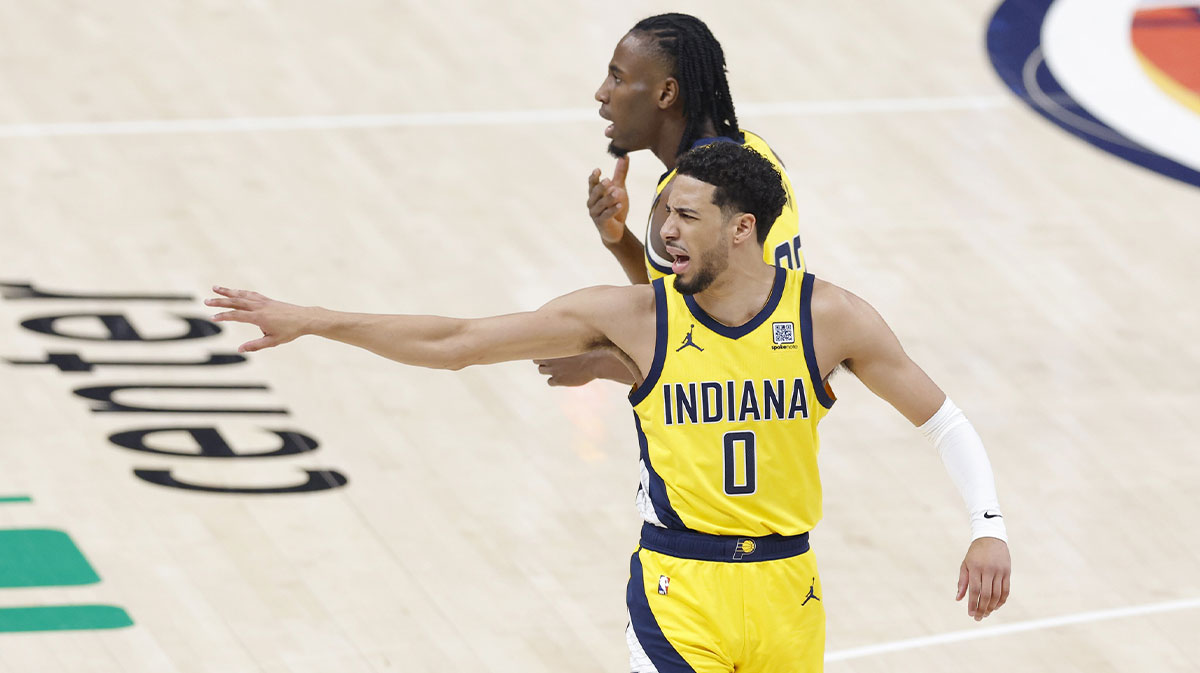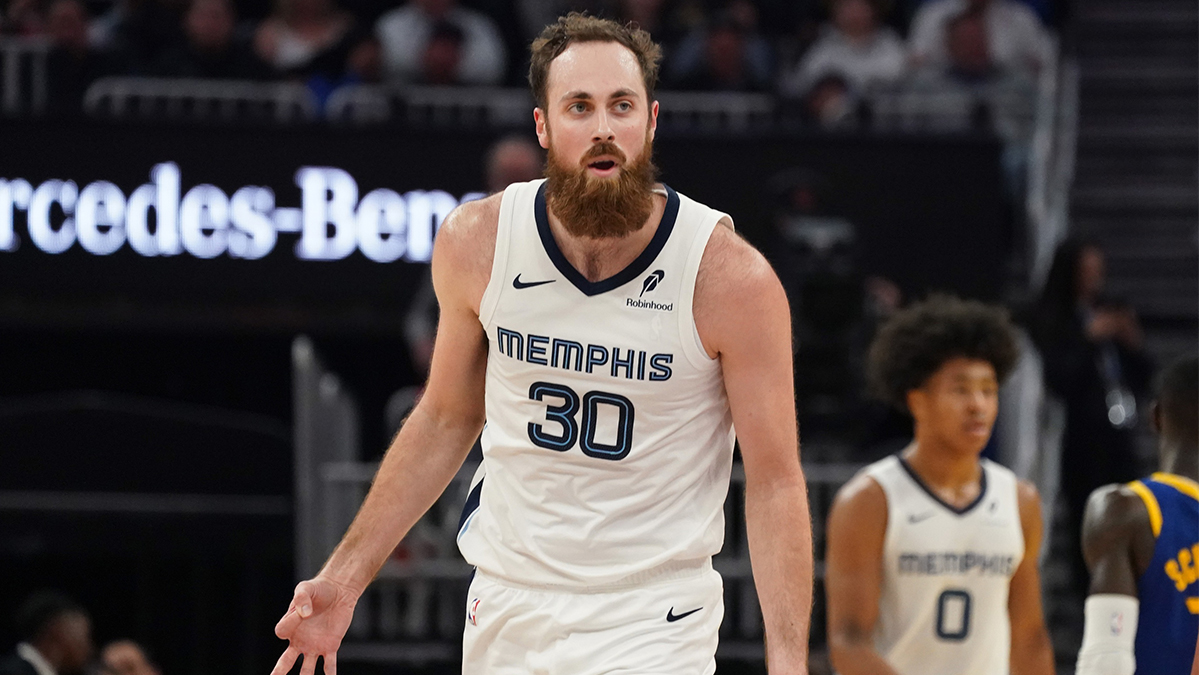In a perfect world, the Indiana Pacers ride off into the sunset with Victor Oladipo leading the way. At the same time, not everything can be perfect, and there's merit behind the Pacers moving their All-Star guard.
According to SNY's Ian Begley, Oladipo and the Pacers hit a stalemate after the team offered him a four-year, $80 million extension; Oladipo is a free agent after the 2020-21 NBA season. Begley says teams are expected to make a push for the guard via trade. To be clear, there's no report stating that the Pacers are outright shopping him, rather teams may try to take advantage of an uncertain situation.
That said, here are four reasons why it makes sense for the Pacers to pull the trigger on an Oladipo trade.
The Pacers are heavily invested in other prominent contributors
The Pacers have very quietly racked up a payroll that features a handful of players making $15-plus million a season: Oladipo ($21.25 million average annual salary), Myles Turner ($20 million average annual salary), Domantas Sabonis ($19.25 million average annual salary beginning in the 2020-21 season), and Malcolm Brogdon ($21.5 million average annual salary). The Pacers also agreed to a three-year, $31.5 million deal with Jeremy Lamb last summer.
Turner, Sabonis, Brogdon, and Lamb are all prominent contributors in head coach Nate McMillan‘s rotation.
Turner is a proven, two-way center who stretches the floor and is a defensive backbone; Sabonis has evolved into one of the best and most versatile frontline players in the NBA; Brogdon is a well-versed, combo guard who makes an impact on both ends of the floor; Lamb is an electric scorer.
Are the Pacers going to trade two of those players for the sake of keeping Oladipo? Sure, none of the aforementioned players are better than Oladipo.
On the other hand, trading away two of them to keep Oladipo, who recently missed a year due to a knee injury, is dicey and may do little, if anything for the Pacers' chances of rising up the conference in the near future.
Brogdon has somewhat replaced Oladipo
The Pacers signed Brogdon for two reasons: 1) to improve their backcourt and 2) to serve as a viable fill-in for Oladipo. The latter reason is beginning to loom large.
Prior to the league hiatus, Brogdon was averaging 16.3 points, 7.1 assists, and 4.7 rebounds per game. He was moving the ball, starting fastbreaks, shooting off the dribble, attacking the rack, and serving as a go-to scorer.
Last season the Pacers played .500 basketball without Oladipo, partially because they struggled to make up for his high-octane scoring; Brogdon gives them someone who comes close to accounting for Oladipo's absence from a scoring and playmaking standpoint.
While he's shooting a career worse 31.3 percent from beyond the arc this season, Brogdon shot 40.8 percent from distance in his three seasons with the Milwaukee Bucks; he'll get back on track. All in all, he's playing a similar role to the one that Oladipo held prior to his injury.
Is Brogdon's play as vibrant and productive as Oladipo's? No, but it involves being an integral source of offense, finding the open man, and playing competitive defense. It also comes with the same price tag.
The Pacers can get considerable value in an Oladipo trade
Even a year away from free agency, it's feasible to expect that the Pacers would receive at least a first-round draft pick and a compelling young player for Oladipo. When healthy, he's one of the game's best scorers and players. Those prospects would enhance the team the Pacers have thrown out on the floor for the bulk of this season.
The number one rule with star players and contracts is to get a sense of whether they want to play for you. While no team wants to coddle to a player's desires just to keep them intact, if a high-profile player doesn't want to play for his team, management can't play games; they have to take action.
The worst thing that can happen is the team banks on mending fences and they lose the player for nothing in free agency and/or wait too long to trade him and subsequently have to settle for a lousy trade offer (expiring contracts, undesirable draft picks).
There's no firm indication that this is where the Pacers are with Oladipo. That said, if he felt disrespected by their offer and/or they're not raising their offer, chances are little is changing for the better.
Currently 39-26, the Pacers are the fifth seed in the Eastern Conference. Prior to Oladipo's return, they were 30-17. Adding a couple of young players, one of which they can hand-pick, will deepen a competitive roster and perhaps help it rise up the conference.
They're winning without him
It's simple, bland, and perhaps annoying, but it's the truth: the Pacers are winning without Victor Oladipo.
They're playing at a respectable level on both ends. Offensively, they move the ball, are efficient from the field, and have players sinking timely shots. Defensively, they suffocate ball-handlers, switch well, and are among the league best in several defensive categories.
The Pacers are third in the NBA in field goal percentage (47.7 percent), sixth in assists per game (25.9), and 23rd in personal fouls per game (19.6). Meanwhile, they're sixth in opponent three-point shooting percentage (34.5 percent), seventh in opponent points per game (107.4) and defensive net rating (107.7), and eighth in opponent field goal percentage (44.8 percent).
Now, this doesn't mean that the pre-injury version of Oladipo wouldn't be putting this offense on his back. All the positive tendencies in the 2019-20 Pacers are similar to the ones that were flowing through them when Oladipo was at the helm. Turner, Sabonis, and Brogdon is a sturdy foundation that the Pacers can build around as they look to get over the first-round hump; they may not need Oladipo to do so.
Oladipo is a stud who made Pacers fans forget about Paul George and put them on his back. At the end of the day, the NBA is a business, and while it's far from a certainty that they'll trade him, keeping the band together is difficult and could lead to Oladipo being the odd man out.

